As the political landscape of New York City becomes increasingly turbulent, tensions are rising around Mayor Eric Adams amidst a series of scandals that have captured public attention. All eyes are on Governor Kathy Hochul, who is contemplating significant actions concerning the city’s leadership. With allegations of corruption swirling, the mayor’s administration is under siege, and the implications of these events extend well beyond the confines of City Hall.
The questions are multiplying: Can a mayor facing allegations of missteps continue to effectively govern? What steps might Hochul take in response to the unfolding drama? As this story develops, the stakes for both political figures are tremendously high, shaping the future of New York City.
The Scandal Unfolds: Overview of Events
The narrative surrounding Eric Adams has drawn widespread media attention, especially regarding his alleged requests to the Trump administration to drop a corruption case in exchange for cooperation on immigration enforcement. These claims have not only raised eyebrows within political circles but also sparked outrage among constituents who demand accountability from their leaders.
Compounding the mayor’s troubles, four of his top deputies recently resigned amid growing concerns over his leadership. Governor Hochul’s scheduled crisis meeting signifies the seriousness of the situation, echoing sentiments that the mayor may have compromised his ability to govern independently.
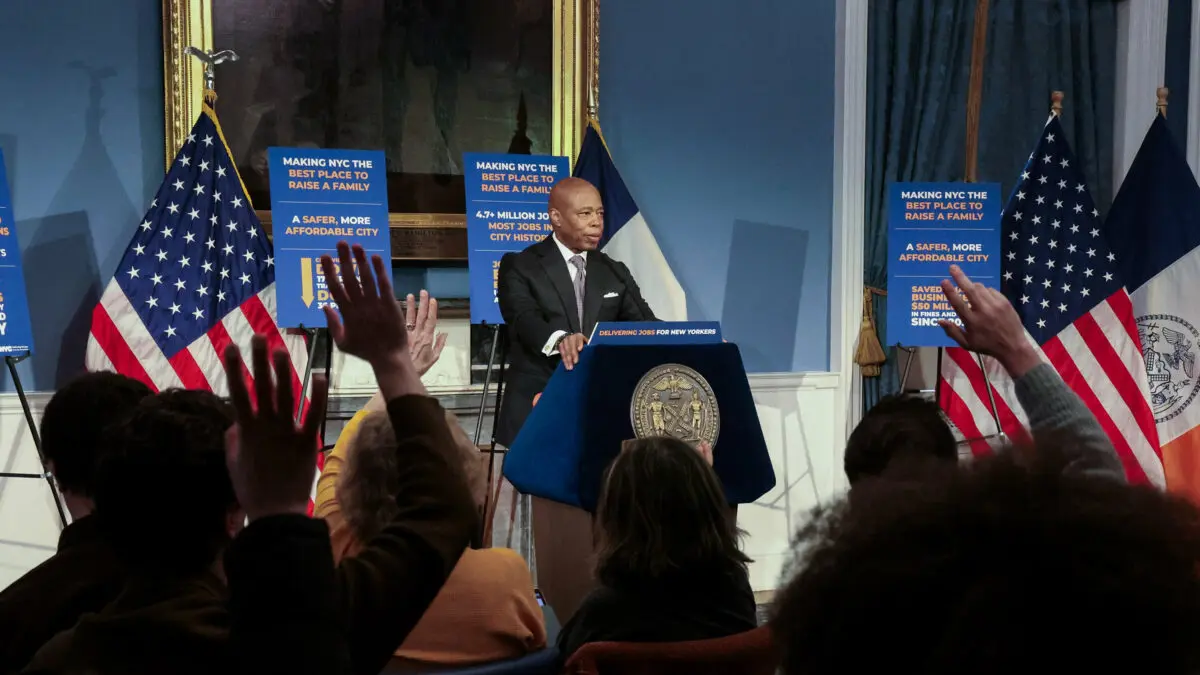
Political Repercussions of the Scandal
The reverberations of the scandal extend deeply into New York’s political framework. The positions of the officials within Adams’ administration, from deputy mayors to the press, are under immense scrutiny as they navigate these challenging waters. The notion that a mayor’s leadership might be destabilized due to legal troubles raises critical discussions about ethical governance and the weight of corruption allegations on public trust.
Should the allegations be proven, the ripple effect is likely to influence not just policy but also the broader electoral landscape for the upcoming elections. Moreover, this situation raises questions about the relationship between political allies and federal authorities when significant power dynamics are at play in the nation’s largest city.
Investigations: What’s at Stake?
At the heart of the corruption case lies the investigation into gifts totaling over $100,000 that Adams allegedly accepted from foreign nationals. The implications of this investigation are far-reaching, as public perception of political integrity hangs in the balance. Fresh allegations of favoritism in return for benefits could tarnish the reputations of not only Adams but also those complicit in his dealings.
As legal proceedings loom with a scheduled trial, the stakes are heightened for Adams’ administration. The risk of losing political power is considerable, especially with a governor willing to contemplate extraordinary actions given the unprecedented circumstances.
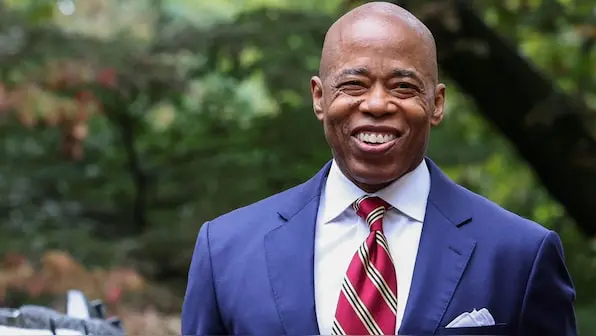
Community Response and Perception
The local community has reacted explosively to news of the corruption investigation. Residents are becoming more vocal in their demands for transparency and accountability from their leaders. Social media platforms serve as outlets for public opinion, with hashtags and discussions trending, pushing the narrative endlessly forward.
This scrutiny is invigorated by outlets that expose the intertwining of politics and corruption, with citizens exercising their power to affect change. Public demonstrations calling for action against perceived injustices in governance reflect a larger societal response to ethical dilemmas presented by leaders such as Adams.
Future Scenarios: What Lies Ahead?
Looking ahead, the future of Mayor Adams hinges on the swift actions taken by Governor Hochul and the outcomes of various judicial processes. The political landscape in New York is constantly shifting, and with heightened scrutiny from both the public and other officials, Adams must find ways to salvage his power while also addressing the glaring issues at hand.
What will be the ultimate fate of his administration? It may depend on how effectively he can manage the public discourse surrounding his actions and whether he can reconcile with key leaders in the political realm. Hochul’s role in determining whether Adams can remain in office is pivotal, as are the potential ramifications for New York City’s governance as a whole.
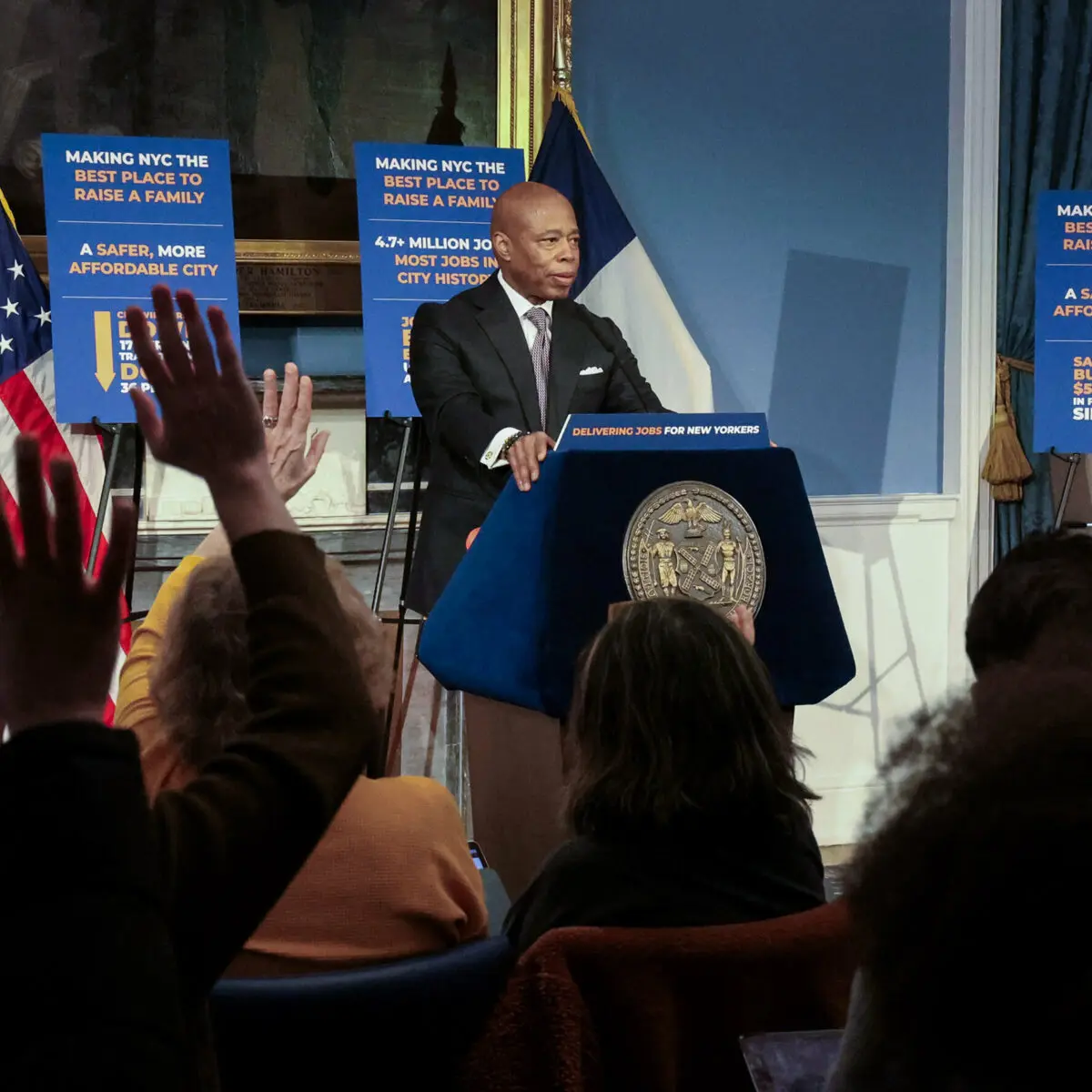
Historical Context: Mayor’s Power vs State Authority
Historically, the balance of power between New York City mayors and state governors has been carefully maintained. However, this incident calls into question the historical reluctance to remove a sitting mayor, as Hochul’s consideration of action against Adams could lead to unprecedented changes.
The crux of the matter lies in public sentiment, which is increasingly vocal about demanding leadership that reflects the values of integrity and responsibility. Should Hochul decide to pursue options for removing Adams from office, it could set a groundbreaking precedent for future examinations of mayoral power and state authority.
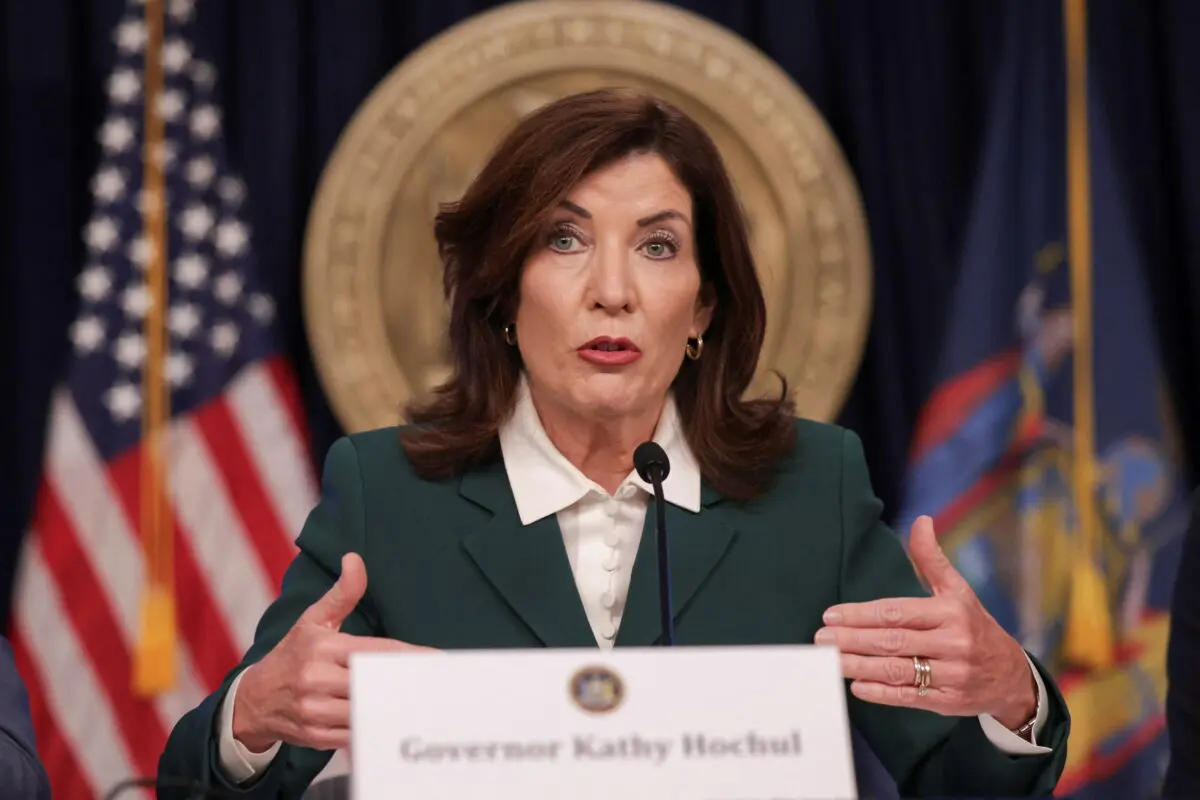
Examining the Impact of Political Scandals
The historical ramifications of political scandals cannot be understated, particularly in urban environments like New York City. Each scandal shapes the political landscape, often leading to shifts in policies and party dynamics. The long-term effects of ongoing political scandals, such as Adams’, contribute to the evolving perception of governance and authority.
As New Yorkers closely watch how this particular scandal unfolds, the influence of media and public commentary will play a critical role. Newspapers and digital outlets are engaged in the reporting of these events, reflecting societal attitudes toward the leadership being scrutinized. The choice to follow, ignore, or engage with these stories becomes a vital component of civic engagement in today’s politically charged atmosphere.
Decoding Media Influence
Media coverage of the scandal has been intense, ranging from investigations to opinion pieces addressing the ethical dimensions of Adams’ decision-making. The role of journalists in unveiling potential corruption acts as a significant check on power, reflecting the need for accountability in leadership.
The interaction between media and public perception will shape how future politicians operate, with the ever-present fear of exposure influencing their decisions. How these narratives are constructed and disseminated can either reinforce or diminish trust in elected officials, affecting turnout in future elections.
Calls for Accountability: Moving Forward
As New York City grapples with the unfolding events surrounding Mayor Adams, calls for accountability resonate throughout the community. Constituents are demanding that their leaders uphold the principles of transparency and ethical governance, putting pressure on both Adams and Hochul.
The ongoing nature of investigations into the mayor’s conduct will inevitably trigger discussions around reforms in political processes, emphasizing the need for stricter governance frameworks. The outcome of this situation not only affects the future of Mayor Adams but can contribute to a broader reconsideration of the political practices that dictate how leaders operate.
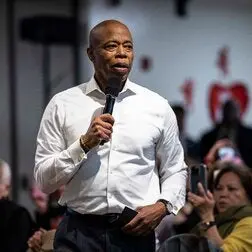
Cultivating Civic Engagement
The unfolding scandal presents an opportunity for enhanced civic engagement within New York City. Residents are becoming more active in political discussions, seeking to influence the decision-making processes that directly affect their lives. Grassroots movements are gaining momentum, encouraging a more involved electorate that demands accountability from their elected leaders.
Strategies to engage the public are critical during this time, including town halls, community forums, and discussions that elevate the voices of individuals directly impacted by the decisions of their leaders. By fostering a culture of open dialogue and civic responsibility, New Yorkers can drive meaningful change that transcends the immediate scandal.
Source: www.bbc.com
Hi, I’m Sarah, a 30-year-old journalist with a passion for storytelling and uncovering the truth. I strive to bring important issues to light and connect with my audience through compelling narratives.



